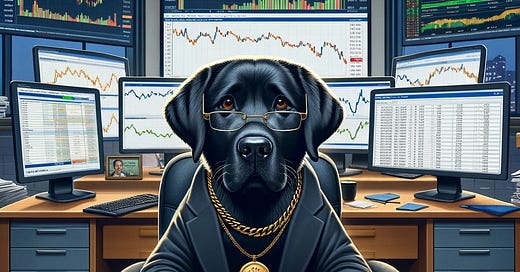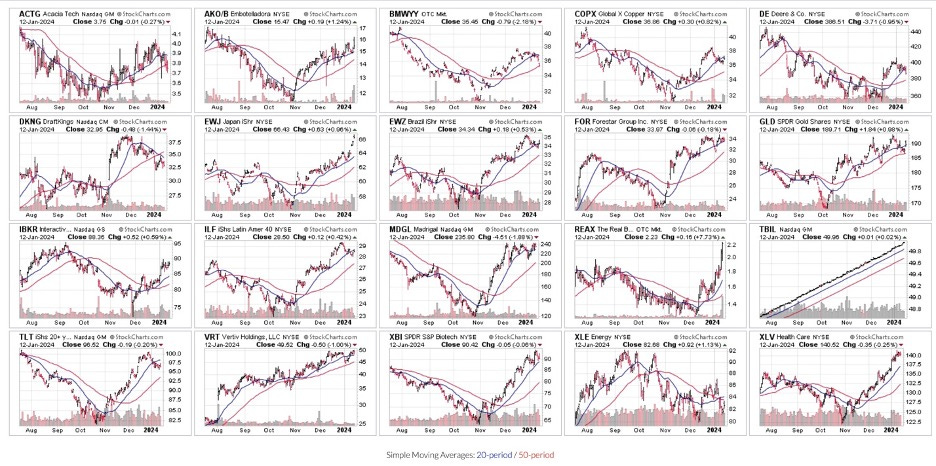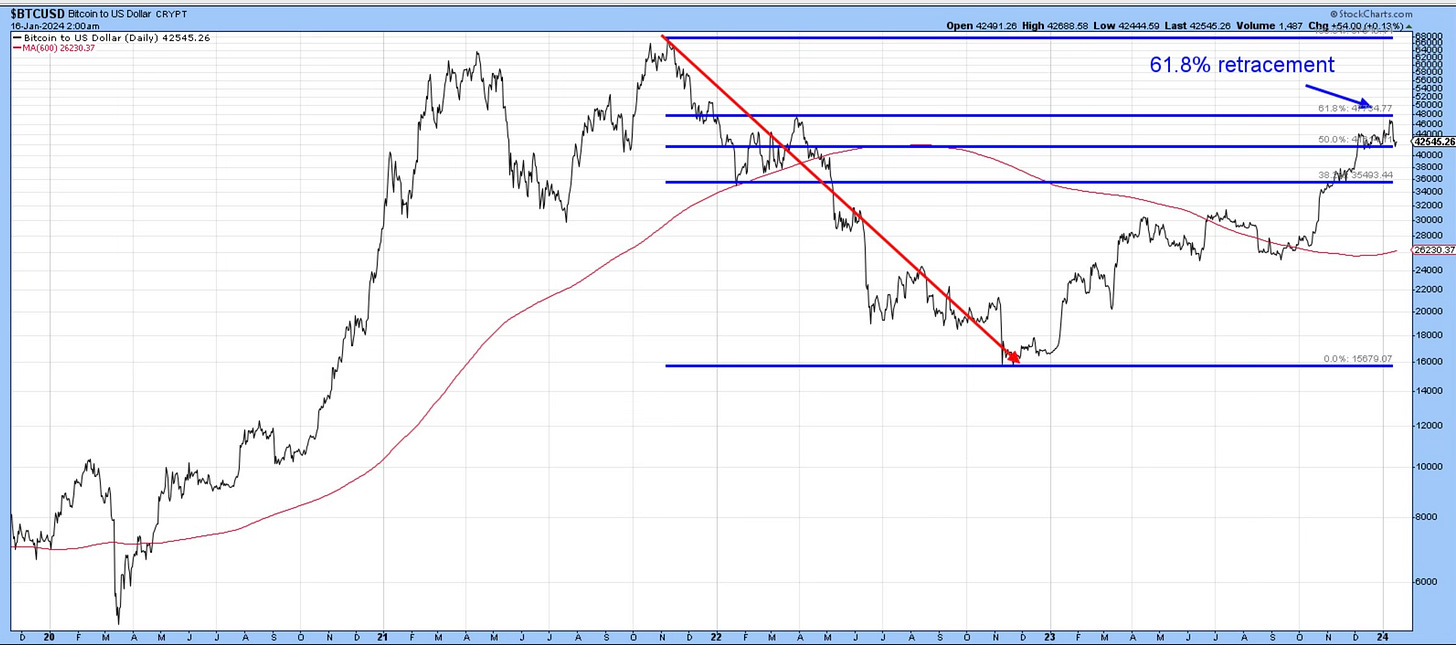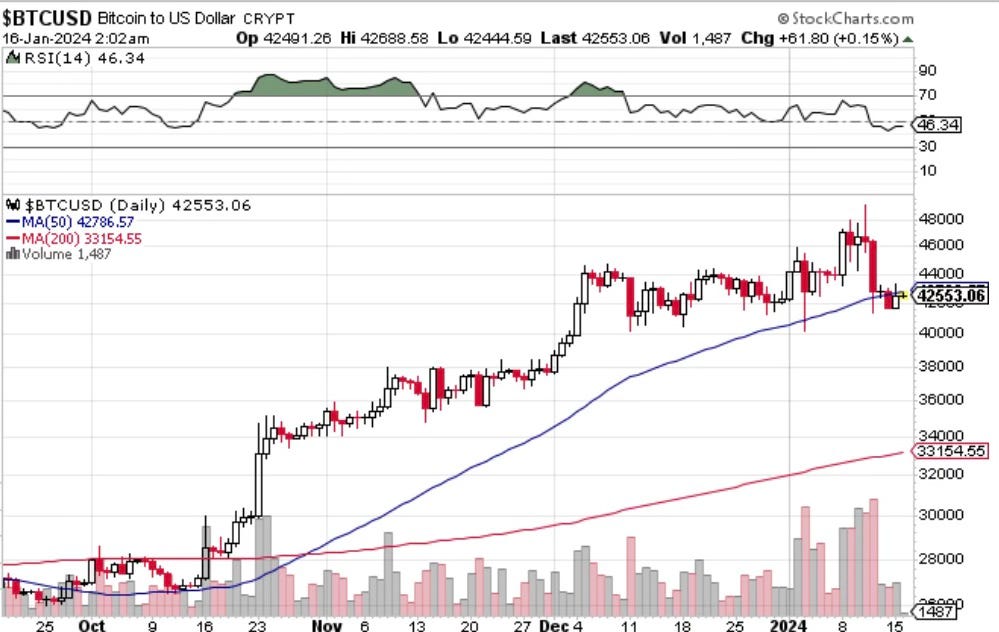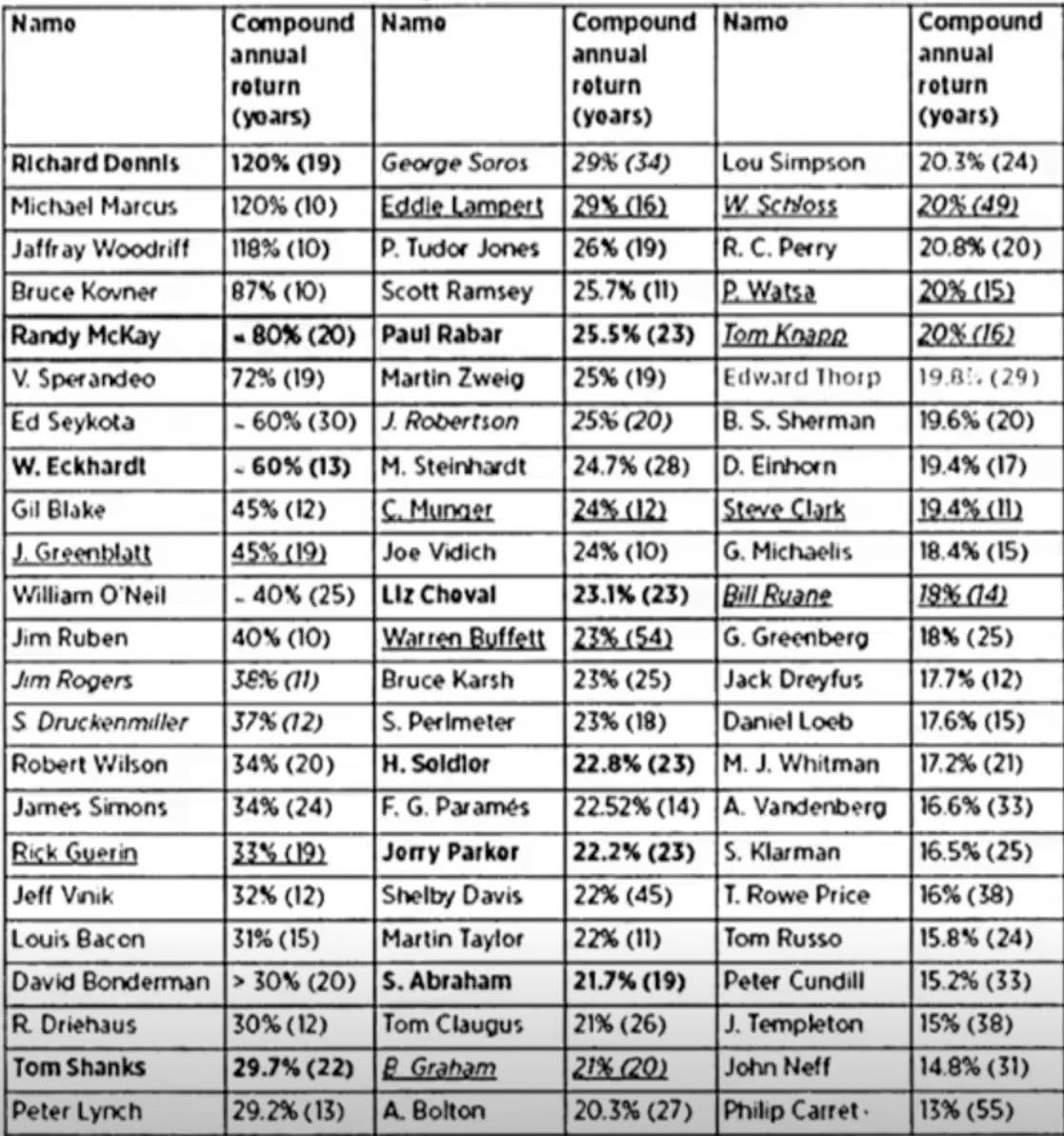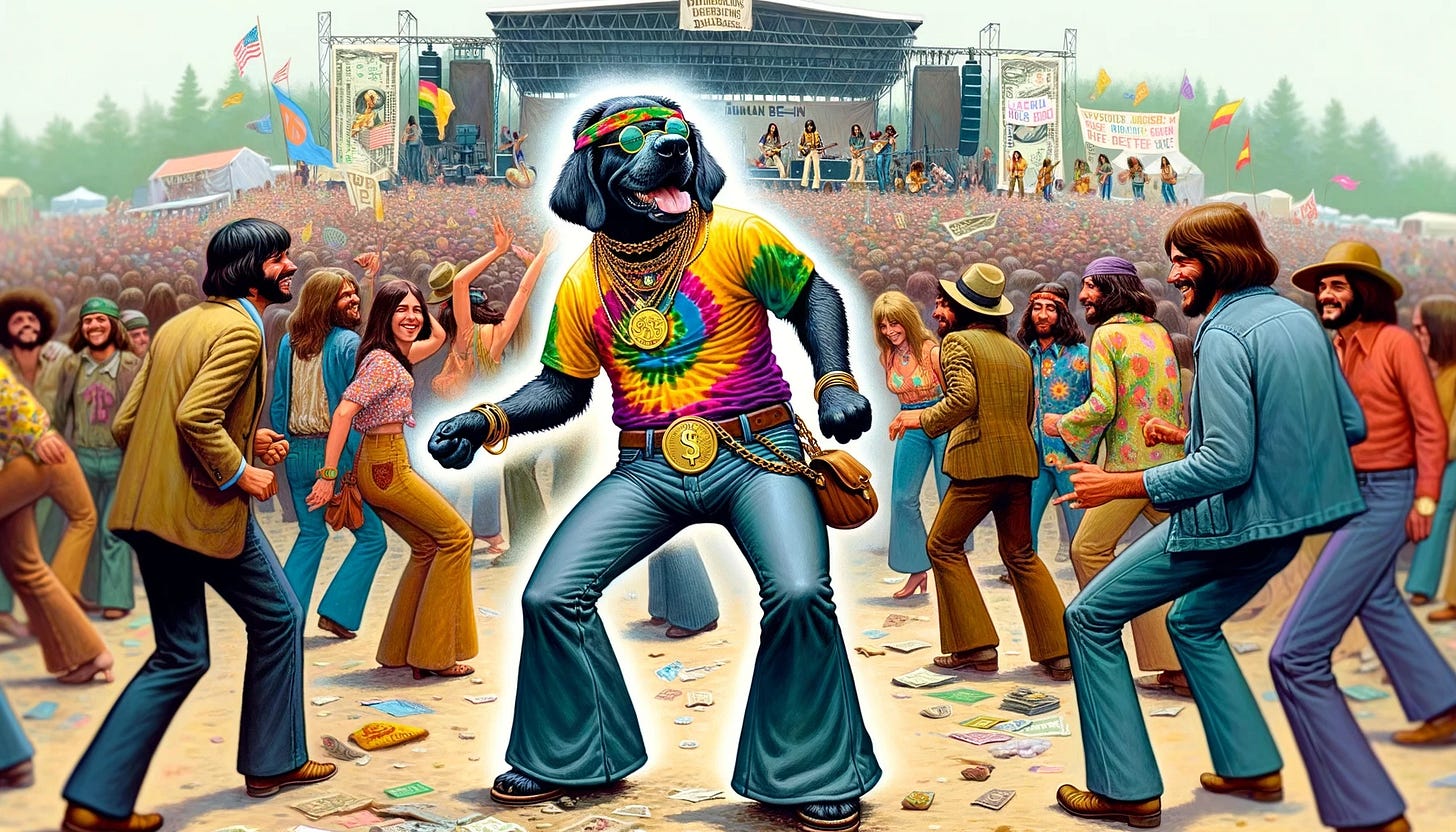I’ve Come to Talk With You Again
Blackdawg doing the work
Realtech disrupter The Real REAX 0.00%↑ grew through a collapse in nationwide home transactions suggesting they are gaining share from traditional brokerages.
Expect lower Bitcoin prices after a sell-the-news false breakout, fibonacci resistance as the digital currency fails to recapture its 50 day moving average.
Here are the approximate track records of some of the best investors of all-time:
This Day in History
In 1932, the Dow Jones Industrial Average, which had already fallen 75% since its 1929 peak, rises 6.26%, as the Federal Reserve announces that it will enact an “anti-deflation” campaign and an easier credit policy. Despite this positive news, the Dow would fall another 50% before bottoming out on July 8th, 1932. The lesson is your investment can always go down 50% ,even if you think it’s cheap.
(New York Times)
In 1967, the Human Be-In, a prelude to San Francisco's Summer of Love, was held in San Francisco's Golden Gate Park Polo Fields. Music was provided by a host of local rock bands including Jefferson Airplane, Grateful Dead, Big Brother and the Holding Company, and Quicksilver Messenger Service. While numerous ideas would ultimately find expression in the counter-culture movement, most pressing to the event’s organizers was opposition to California’s recently adopted law prohibiting the use of LSD. "Underground chemist" Owsley Stanley, the so-called Acid King, provided massive amounts of his "White Lightning" LSD which Timothy Leary encouraged people to drop and "turn on, tune in, drop out".
In 2007, the shares of Bear Stearns, one of the oldest and most respected (and most leveraged) names on Wall Street, hits an all time high of $171.51 per share. Just over 15 months later, on March 16th, 2008, Bear Stearns would be purchased by JP Morgan for $2 per share. But on this day in 2007, things were looking pretty good for the company which had just recorded its 83rd consecutive year of profits.
Behavioral Economics Principle of the Day
Self-Serving Bias: The tendency to attribute positive outcomes to personal abilities or efforts, while attributing negative outcomes to external factors or circumstances. It can lead to irrational behavior by inflating one's ego and failing to take responsibility for mistakes or shortcomings.

